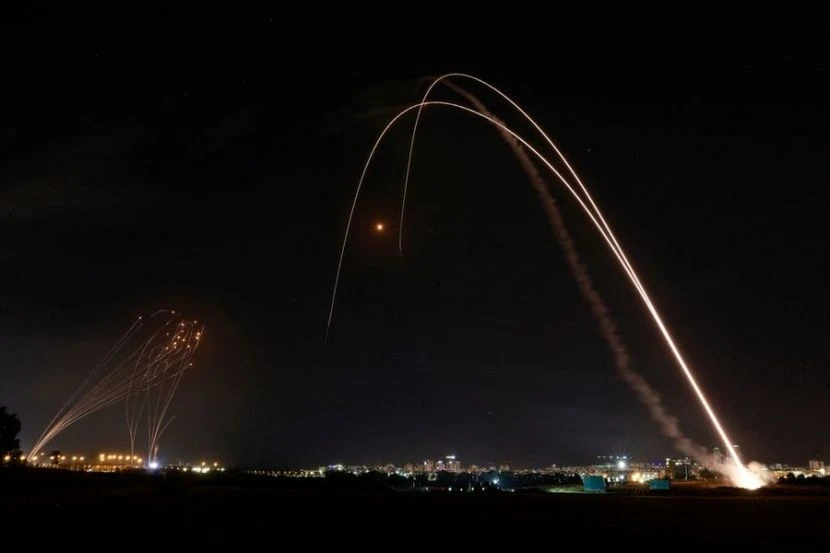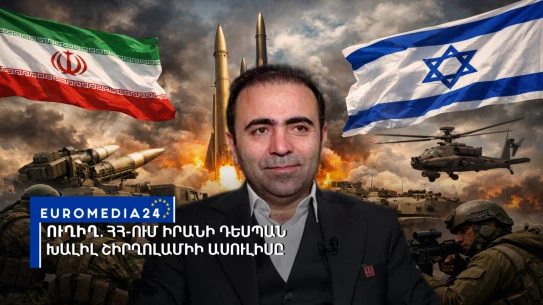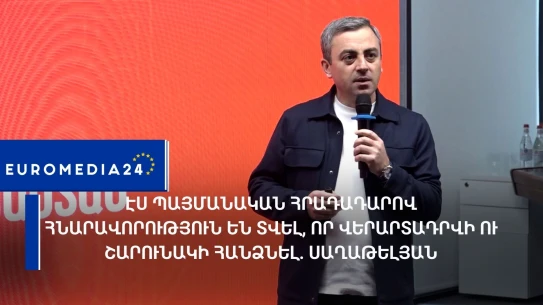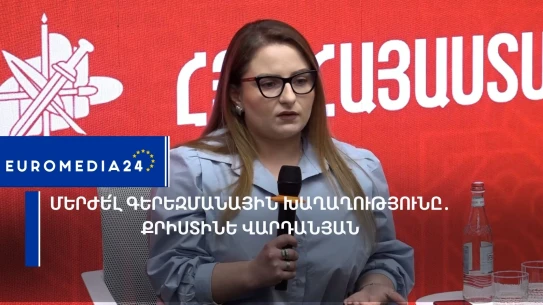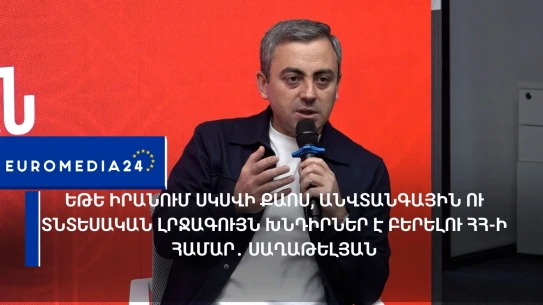Israel lacks the interceptor missiles it needs to strengthen its air defenses to counter a potential ballistic missile attack from Iran. This was reported by the Financial Times (FT) newspaper, citing sources.
According to industry executives, former military officials and analysts, Tel Aviv "faces a looming missile shortage as it faces a need to bolster air defenses to protect the country from attacks by Iran and its regional allies." “Israel has a serious problem with such weapons,” the FT quotes Dana Stroul, a former representative of the US Department of Defense who oversaw the Middle East, as saying. “If Iran responds to an Israeli attack [with massive airstrikes] and the Shiite organization Hezbollah joins in, Israeli air defenses will be stretched to the limit,” she said. “The US cannot continue to supply Ukraine and Israel at the same pace [as before], we are approaching a turning point,” Stroul stated.
Boaz Levy, CEO of Israel Aerospace Industries, the state-owned company that makes Arrow interceptor missiles used to neutralize ballistic missiles, said workers were working three shifts to keep production lines running. At the same time, some lines, according to his testimony, do not stop at all in order to “fulfill all obligations.” “It’s no secret that we need to replenish supplies,” Levy said.
Israel's three-layer air defense system, including the Iron Dome, David's Sling and Arrow systems, has now shot down most of the drones and missiles fired by Iran and its regional allies, the publication indicates.
Earlier, the US Department of Defense confirmed the sending of a THAAD (Terminal High Altitude Area Defense) missile defense battery to Israel to repel a possible attack by Iranian ballistic missiles amid escalating tensions in the region. According to the publication, it will be placed next to the Israeli Strela system. The deployment of the THAAD battery and its associated team of U.S. troops is intended to help bolster Israeli air defenses following Iran's unprecedented attacks on Israel on April 13 and October 1, according to a statement by Pentagon spokesman Air Force General Patrick Ryder.
On the evening of October 1, Iran launched a massive missile attack on Israeli territory in response to the killings of key individuals in the leadership of Hamas, the Lebanese Shiite organization Hezbollah and the Iranian Islamic Revolutionary Guard Corps (elite units of the Armed Forces). Tehran said 90% of the missiles successfully hit their intended targets, but Israel says Iran launched about 180 missiles and most of them were intercepted. On October 9, Defense Minister Yoav Galant warned that Israel was not abandoning plans to respond to the missile attack with a strike on Iran that would be so “deadly and unexpected” that the Iranians would not have time to understand anything.
















